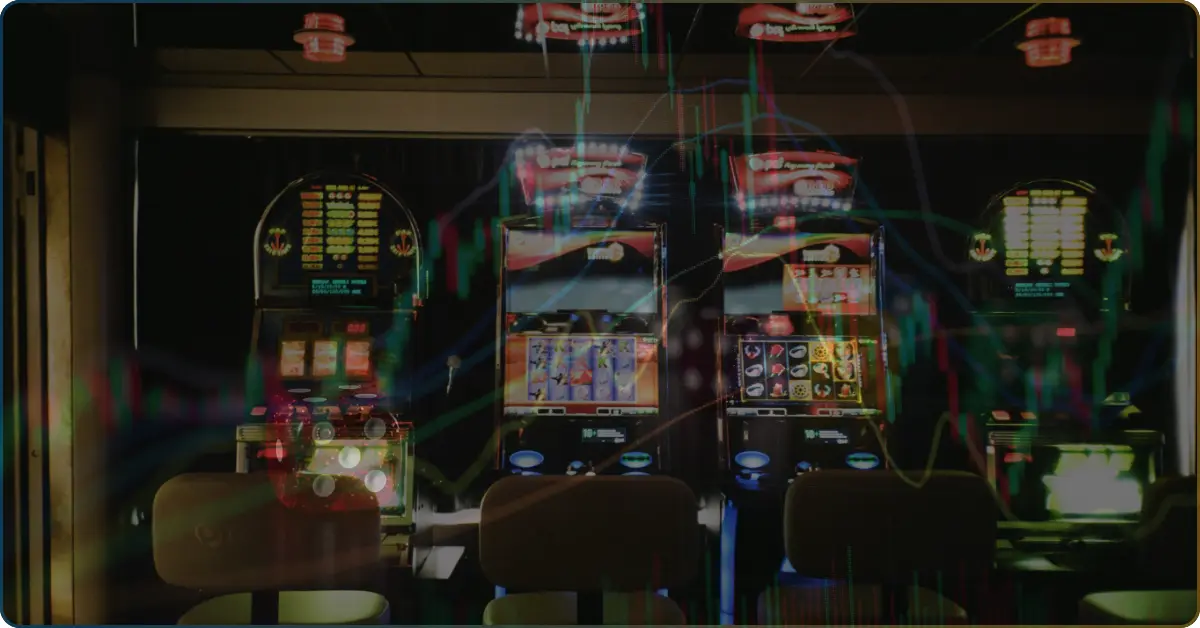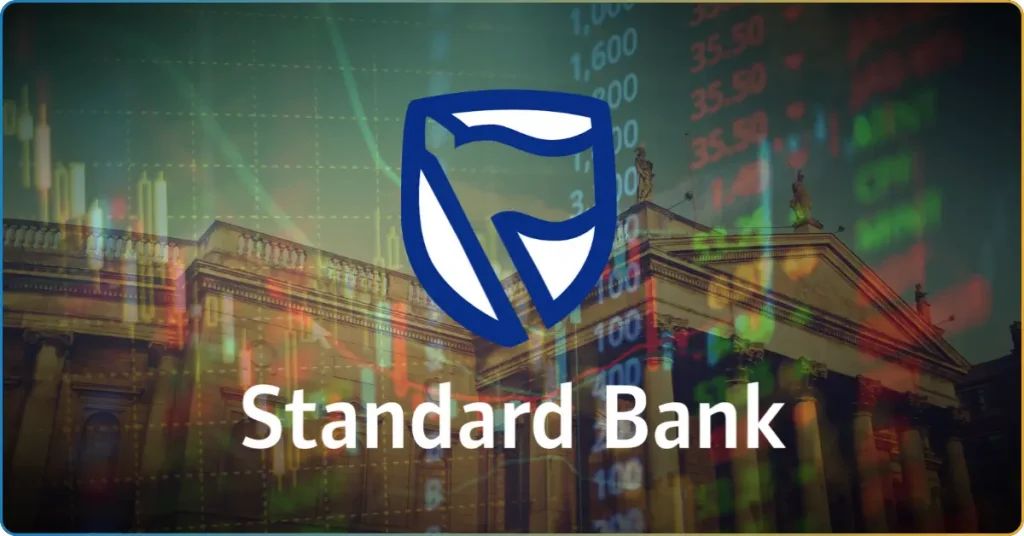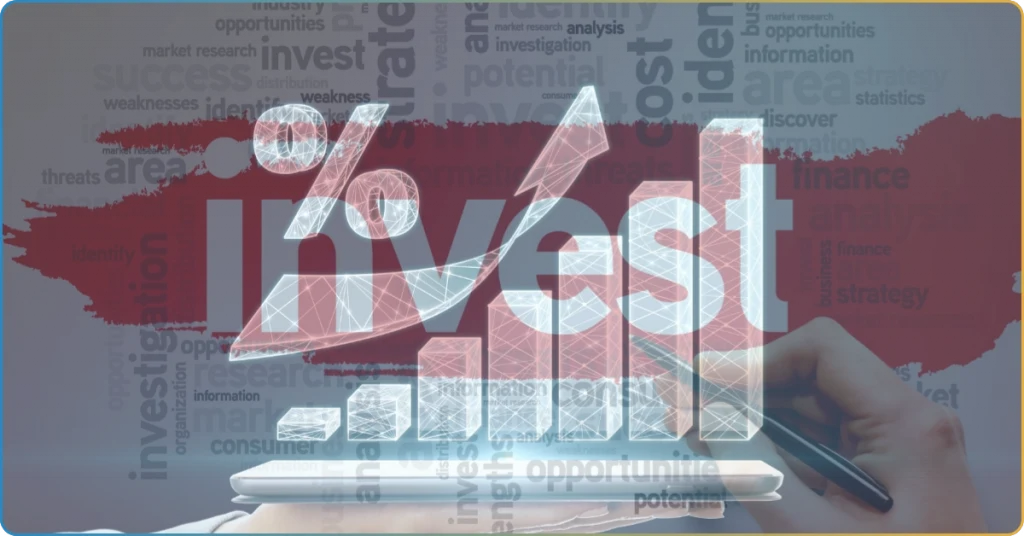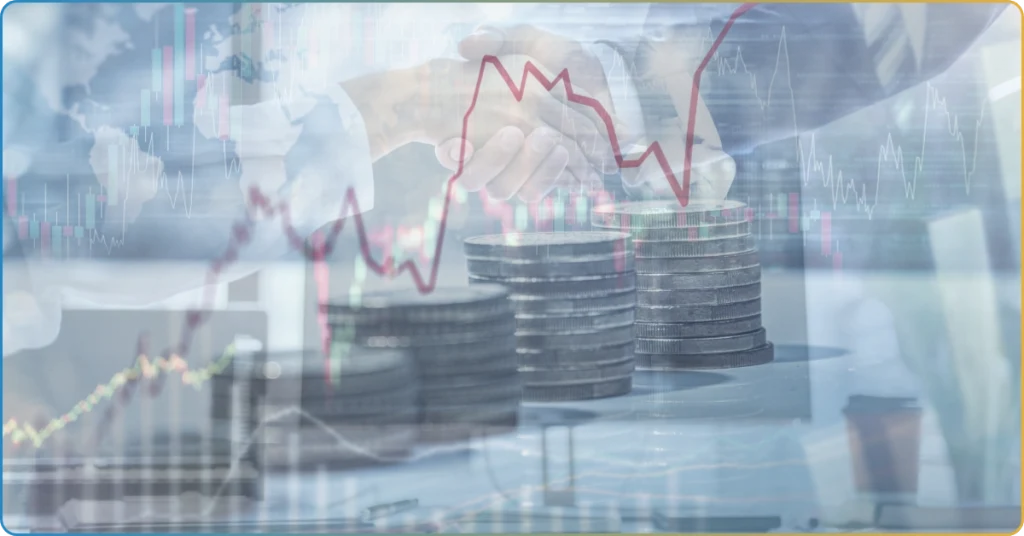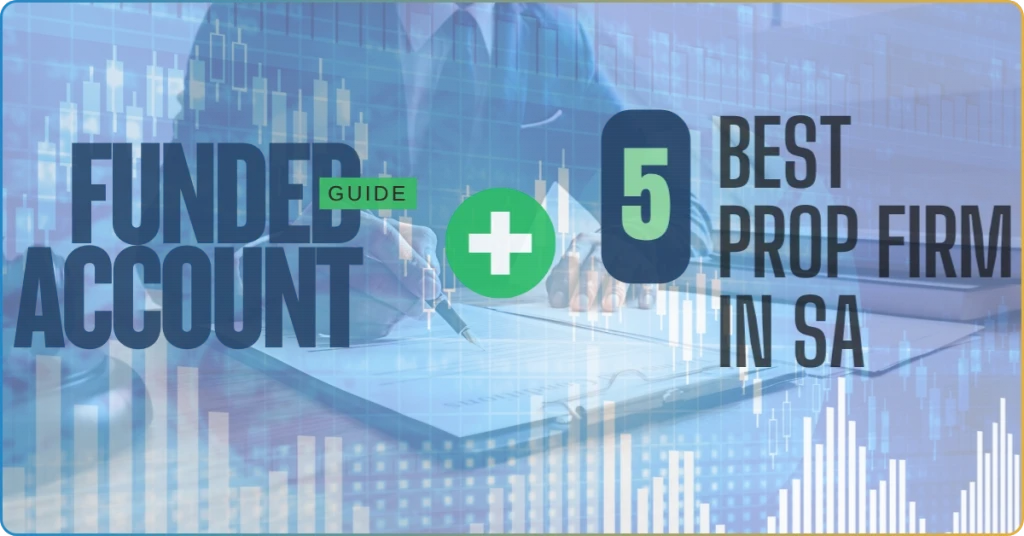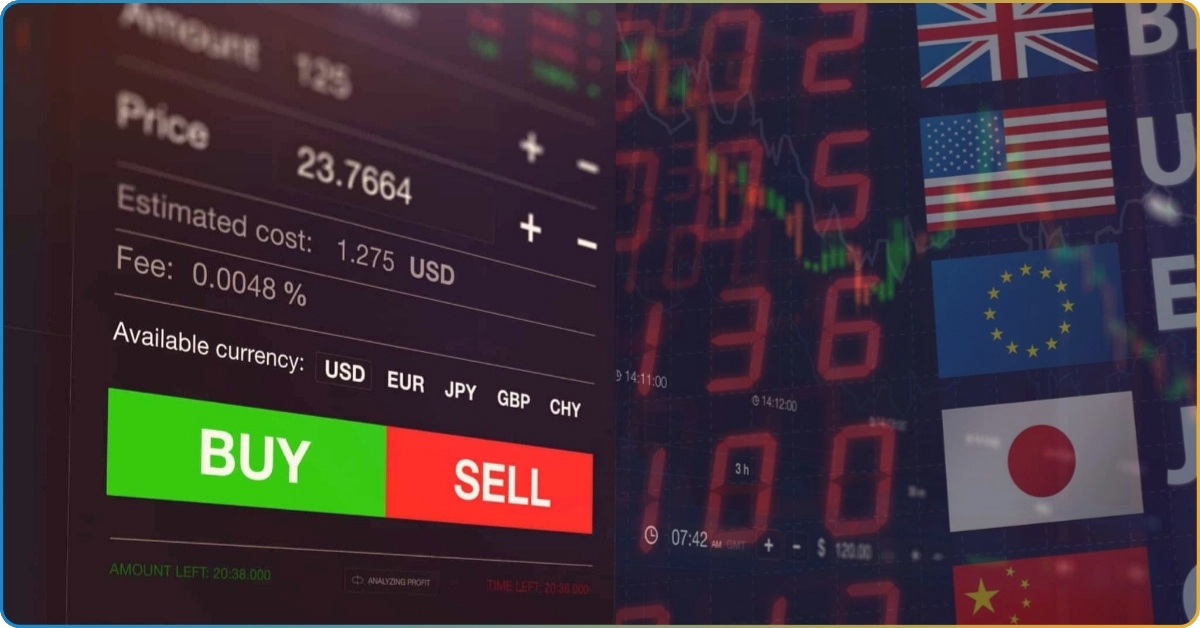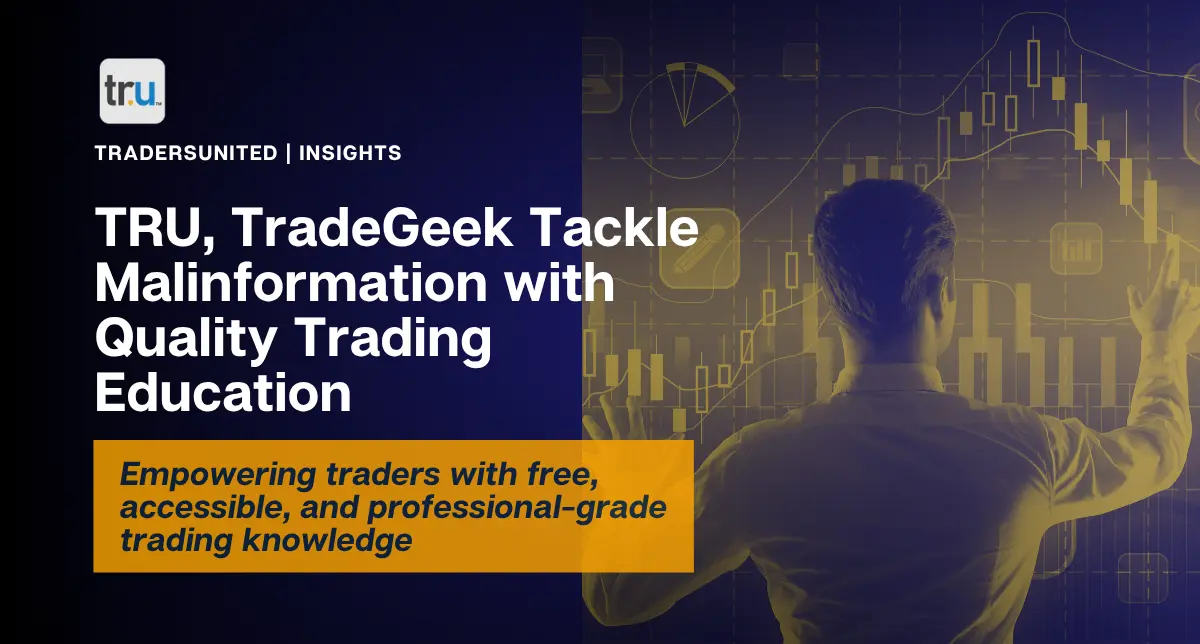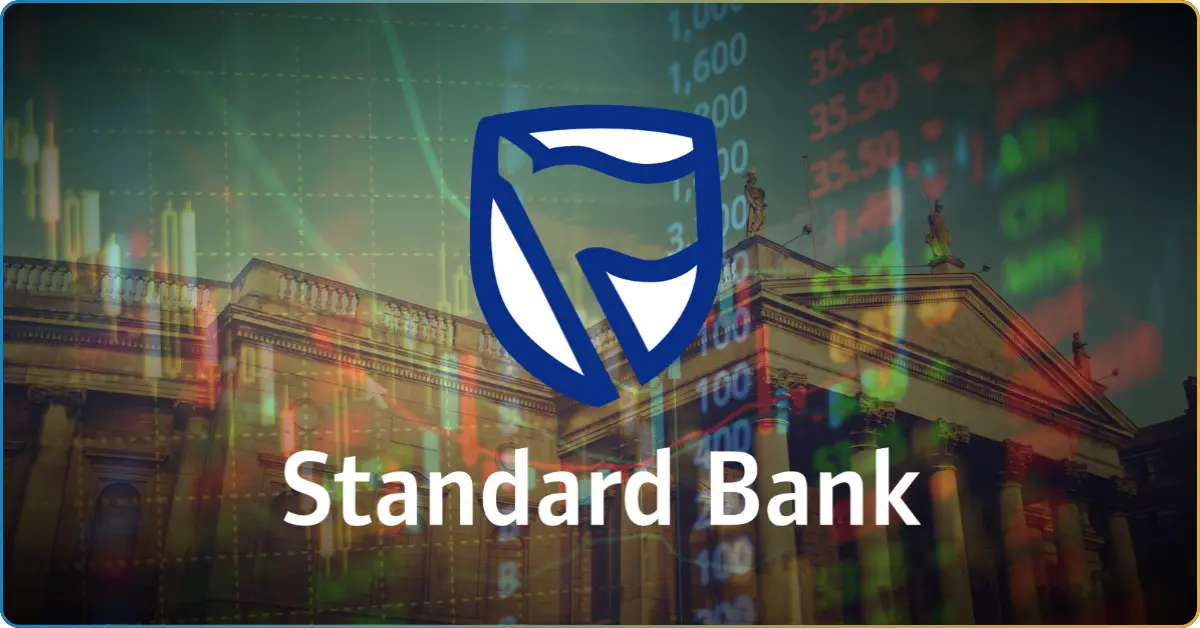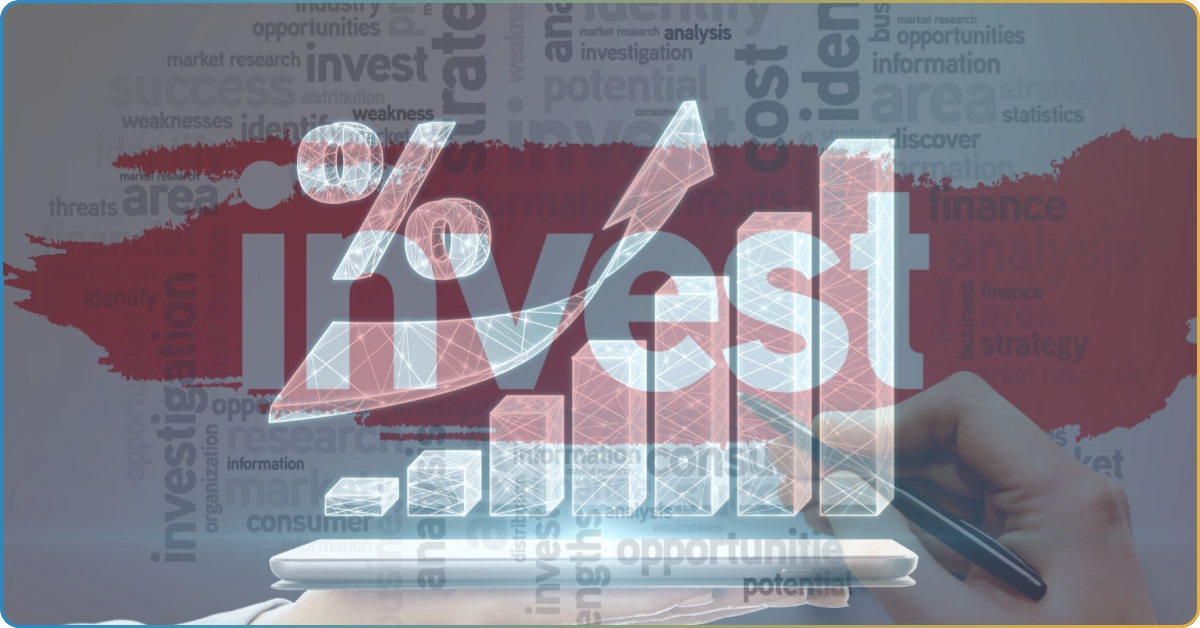Have you ever debated with other traders about whether or not forex is gambling? New and expert traders have always discussed this controversial question – and with varying opinions!
In principle, forex and gambling share many similarities. However, in practice, they are undeniably different.
Both forex and gambling involve risking resources for a bigger prize, meanwhile, gambling heavily relies on luck and chance as compared to forex that requires assessment and analysis.
Let us try and delve into the concepts behind forex and gambling to see if forex really is gambling.
Understanding gambling
Before anything else, let us try and understand what gambling really is. Is it just a night in a casino, a lottery draw, or an online bet?
In the simplest of definitions, gambling can be considered any “act wagering something valuable with an uncertain outcome.” It is an activity with ancient origins, deeply embedded in our history and culture.
Here are some of the most popular dictionary definitions of “gambling.”
- Oxford Dictionaries: The activity of playing games of chance for money, or of betting on the outcome of future events such as the results of races or games
- Merriam-Webster: The practice or activity of betting: the practice of risking money or other stakes in a game or bet
- Cambridge Dictionary: The activity of betting money, for example in a game or on a horse rase
- Dictionary.com: The activity or practice of playing at a game of chance from money or other stakes
- Britannica: To play a game in which you can win or lose money or possessions; to bet money or other valuable things
A common theme for all these definitions is that gambling is a risk, involves betting money, and is a game of chance.
It also often involves only a brief period of time, at which point the game is considered complete.
Degrees of uncertainty
Gambling outcomes always have a degree of uncertainty. Sometimes, results are determined by chance alone and are completely random. For instance, tossing a pair of dice in the air, spinning a roulette wheel, or playing the lottery.
On the other hand, some results may depend on chance and strategy. With games such as poker, sports betting, or bridge, players can somewhat manipulate the outcome based on their skill level and strategy. However, chance will still play the decisive role.
For instance, players who are lifelong experts can sometimes get dealt with unwinnable cards relative to the distribution of cards with other players. There is nothing a skilled player could do to win their hand if their cards are simply bad.
Meanwhile, Britannica considered the stock market to be a form of gambling, “one in which skill and knowledge on the part of the bettors play a considerable part.” This means that the skill of a participator is more influential than chance to produce an outcome, but there is still an element of uncertainty.
Types of bets and how much chance influences outcomes
| Results are completely random | The outcomes of gambling is completely random and uncertain. E.g., throwing dice, playing the slot machine, spinning a roulette wheel |
| Mainly chance and some skill influence on the outcome | A combination of luck and strategy affect the outcome. For E.g., a strategic player with a favorable hand; betting on a horse that has a 98% win |
| Skill is a major influence on outcome, with some chance | The outcome is primarily influenced by a participator’s skill and strategy, while luck and chance play a part. E.g., investing in the stock market, |
How is gambling strategized?
With gambling, events are predicted and interpreted through probability – a branch of mathematics that is sometimes referred to as the “logic of uncertainty.”
Probability collects, analyzes, and interprets the likelihood of a possible outcome. Essentially, it tells you the percentage of an event’s possibility.
For instance, you place a bet that a die will land on a 5.
There are six possible outcomes on a single dice (1, 2, 3, 4, 5, 6), and only 1 favorable outcome (5).
Therefore, the probability of rolling a four is 1/6 or 16.5%. In most gambling games, this data would be expressed in terms of odds against winning, so we could say that your odds of rolling a five are 5 to 1.
Of course, gamblers use many other and more complex strategies (let us leave that for another article) for their gambling to give them a mathematical edge.
For games that requires some strategy such as poker, players will develop their own strategy and skill to lessen the odds.
But that leads us back to our questions — is forex gambling?
Forex, like gambling, also involves risk, losses, strategy, and probability.
Deconstructing forex trading
The assumption that forex trading is gambling is largely because of people’s misunderstanding of how forex works.
Forex trading, also known as foreign exchange or FX trading, involves buying and selling currencies with the goal of making profit from the exchange.
The foreign exchange market is the original and oldest financial market. Any financial structure that exists is based upon how the forex market operates.
So to say, the forex market is the most important financial market right now. It is the world’s largest and most liquid market, with over USD 7.5 trillion in currencies traded daily.
How is forex traded?
In its simplest form, forex traders can access the market through a broker and buy and sell currencies in real time.
The “in real time” component is important here because this is what makes forex trading so risky and like “gambling.”
When you are trading forex, you never know whether the market will move in or against your favor. Therefore, every trade you make may feel like a “gamble.”
For instance, you are trading GBP/USD, hoping to make a $15,000 profit. If the market moves in your favor, you could earn presumably more, but if it does not work out, you could end up losing your entire account.
Anyone trading forex knows that there is always risk in forex trading, and you will lose money at some point. This is simply the cost of being a Forex Trader.
Finally, is forex trading gambling?
Since losing is a natural component of trading, traders take on calculated risks to achieve profit.
Both traders and gamblers place their bets with the goal of profit; however, there is a significant difference—a gambler plays a game, while a trader is doing their job.
For every action, traders attempt to make analysis-based decisions that will provide the highest probability of success.
But if the trader spends money with a high probability of failure, this instance is called speculating — a forex trading method that is most similar to gambling.
Speculating seeks remarkably high returns from bets that can go one way or the other, which is why it is considered the most like gambling. But it is still not the same, because speculators try to factor in a country’s history and recent events.
Speculators often trade forex based on a “hunch” which is what makes it akin to gambling.
Forex trading and gambling have overlapping characteristics, but they are not the same thing. Both forex and gambling attempt to profit with the element of risk.
Trading involves analyzing markets, making informed decisions on historical data and trends, and managing risks.
Gambling relies much more on chance and luck. Moreover, gambling exists in a much more controlled and smaller environment, such as casinos or a private game. Meanwhile, forex trading operates across borders and is subject to local and international regulations.

